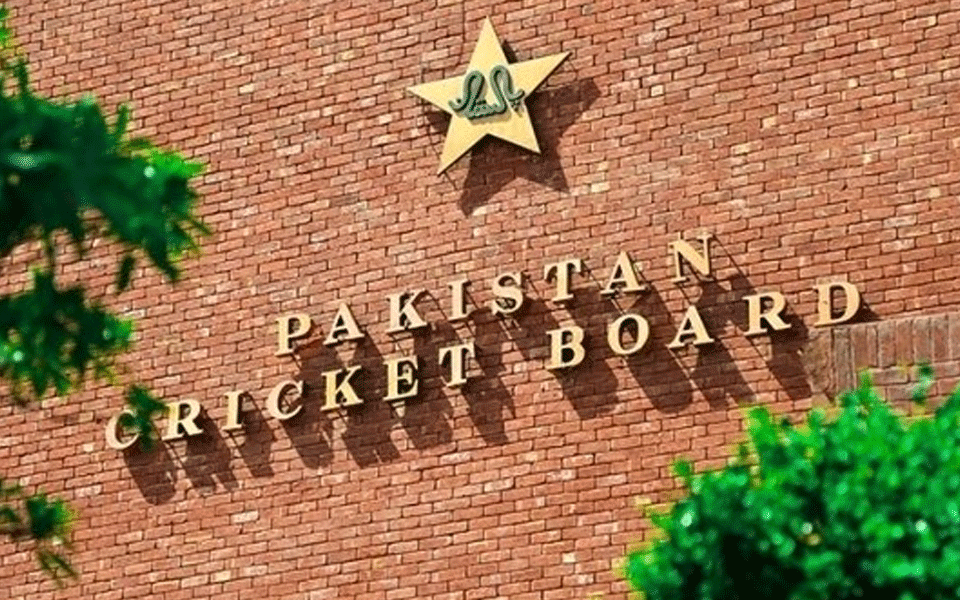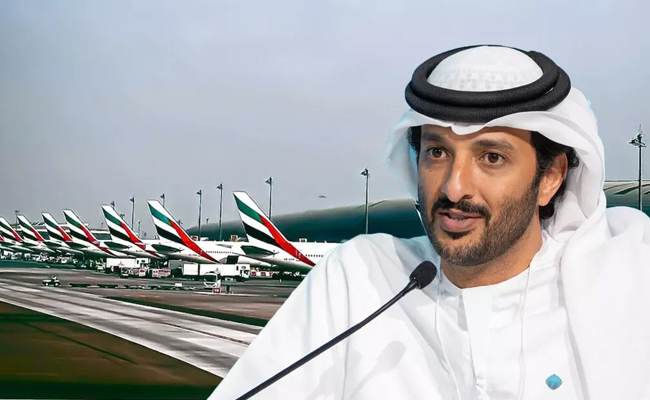Karachi: Pakistan cricketers Shadab Khan, Haris Rauf and rookie Haider Ali on Monday tested positive for COVID-19, raising fresh questions over players' safety ahead of the team's departure to England.
"The Pakistan Cricket Board has confirmed three players Haider Ali, Haris Rauf and Shadab Khan have tested positive for Covid-19," said the PCB in a statement.
"The players had shown no symptoms until they were tested in Rawalpindi on Sunday ahead of the Pakistan men's national cricket team's tour to England.
"The PCB medical panel is in contact with the three who have been advised to immediately go into self-isolation," the statement said further.
Leg-spinner Shadab is the only established member of the team out of the three. Rauf has played only two T20 Internationals while highly-rated batsman Ali had received his maiden call-up for the England tour comprising three Tests and as many T20s.
All the squad members are being tested for coronavirus ahead of the team's departure on June 28.
"Imad Wasim and Usman Shinwari, also screened in Rawalpindi, have tested negative and, as such, will travel to Lahore on 24 June.
"The other players and team officials, barring Cliffe Deacon, Shoaib Malik and Waqar Younis, underwent tests at their respective centres in Karachi, Lahore and Peshawar on Monday.
"Their results are expected at some stage on Tuesday, which will also be announced by the PCB through its usual channels. Until then, the PCB will not make any further comment," the PCB added.
Besides a 29-member squad, the PCB has also named four reserves for the England tour -- Bilal Asif, Imran Butt, Musa Khan and Mohammad Nawaz.
Also on Monday, PCB doctor Sohail Saleem said that the England tour in the midst of the pandemic is a "big risk" but a necessary one.
Earlier this month, former Pakistan captain Shahid Afridi had tested positive for the deadly virus. Former Pakistan opener Taufeeq Umar was also tested positive for the virus but he has recovered.
Former Bangladesh captain Mashrafe Mortaza had tested COVID-19 positive last week alongside Nazmul Islam and Nafees Iqbal.
The West Indies tour of England beginning next month marks the resumption of international cricket, followed by the Pakistan series. Both series will be played in a bio-secure environment.
Let the Truth be known. If you read VB and like VB, please be a VB Supporter and Help us deliver the Truth to one and all.
Udupi: Manju Kola, husband of former Udupi City Municipal Council Vice-President Lakshmi Manjunath and a Hindutva organisation leader, was stabbed during a meeting held to settle a dispute related to a love affair at Malpe on Tuesday night.
Police have arrested five accused in connection with the case.
According to information available, Manju Kola had reportedly called for a compromise meeting near Malpe beach in the Palimaru area on Tuesday evening to resolve an issue involving a couple. During the discussion, a heated argument broke out and a youth allegedly stabbed Manju Kola.
He sustained injuries to his abdomen and collapsed. He was immediately shifted to a private hospital in Udupi for treatment.
Udupi Superintendent of Police Hariram Shankar said that five accused have been arrested in the case. As per preliminary investigation, the incident appears to have occurred due to personal reasons. He clarified that there is no communal angle to the incident and urged the public not to spread rumours.
The injured Manju Kola is out of danger and his condition is stable, the SP said.





